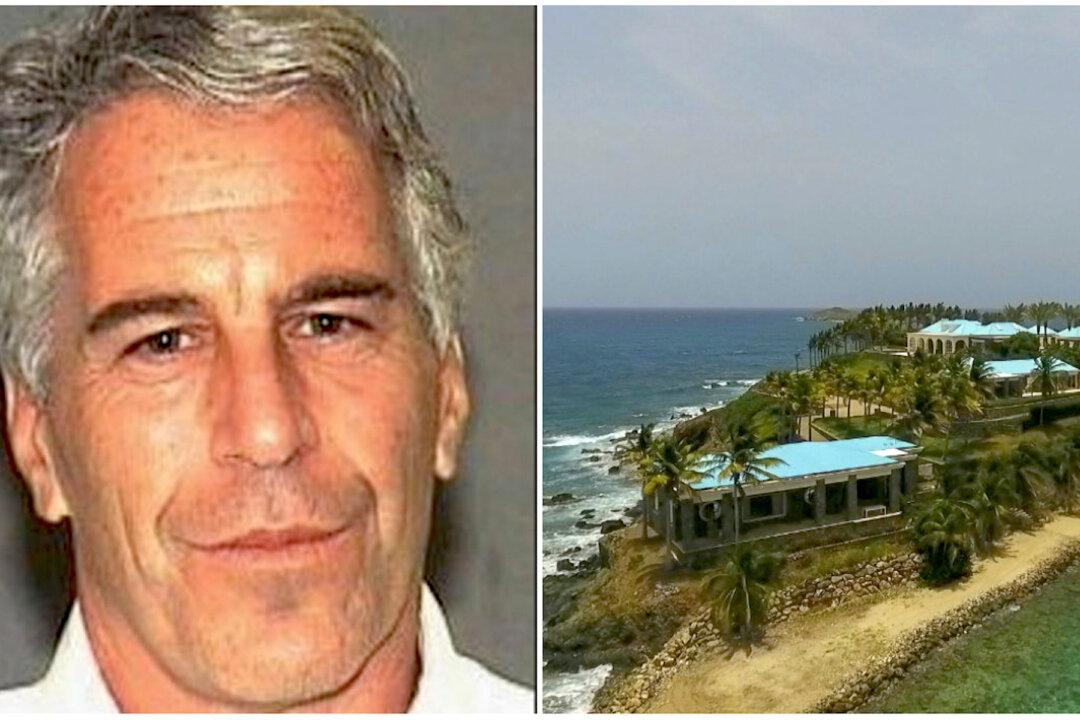The estate of Jeffrey Epstein has agreed to pay the U.S. Virgin Islands government $105 million and half of the proceeds from the sale of his Little St. James private island to settle criminal, sex trafficking, and child exploitation legal action.
Virgin Islands Attorney General Denise George said the settlement resolves the legal action her office took in 2020 against Epstein’s estate, co-defendants Darren K. Indyke and Richard D. Kahn—co-executors of the estate—and ten Epstein-created entities.





